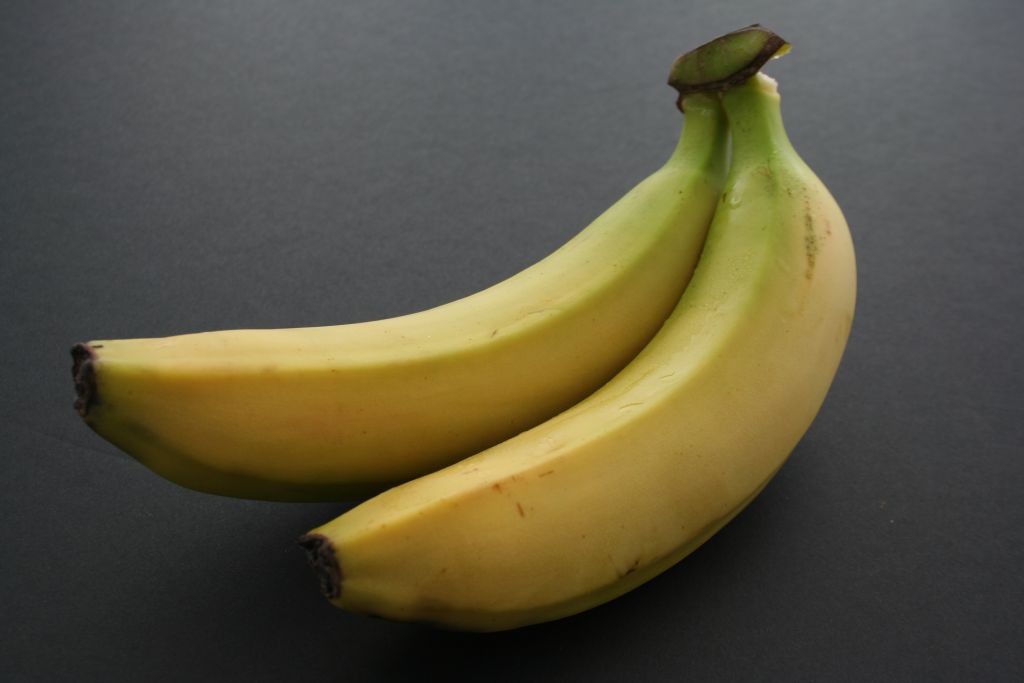Banana

Image copyright jonsay.co.uk
The banana is a staple dietry food in these countries as it is so bountiful. Due to the wild trees growing along roads and paths many people can just pick fruits for free which comes in handy when your average salary is less than £4 a day.
There are a few different breeds of banana which originate from 2 wild species. The original wild species have many large hard seeds that are not really suitable for human consumption. The bred banana varieties have virtually no seeds and the seeds that do exist are sterile so cannot be grown into new plants.
Plantains are a type of banana that is edible but is cooked for consuming. The plantain contains less water than the regular banana and this is evident when eating. Make sure you have a drink ready.
The largest producer of bananas is India followed by the Philippines and China. Over 95 million tonnes of bananas are produced each year.
Bananas are rich in Potassium as well as other vitamins and minerals.
Nutritional Information 100g of an average Banana:-
| Calories | 95.3 kcal |
| Carbohydrates | 20.8g |
| Protein | 1.3g |
| Fat | 0.3g |
| Fibre | 4.3g |
| Banana in other languages:- |
| Cebuano: | saging |
| Chinese: | xiāngjiāo 香蕉 |
| French: | f banane |
| German: | f banane |
| Greek: | f μπανάνα |
| Indonesian: | pisang |
| Italian: | f banana |
| Japanese: | banana ハナナ |
| Nederlands: | c banaan |
| Norwegian: | m banan |
| Polish: | m banan |
| Portuguese: | f banana |
| Spanish: | m plátano |
| Swedish: | c banan |
| Tagalog: | saging |
| Turkish: | muz |